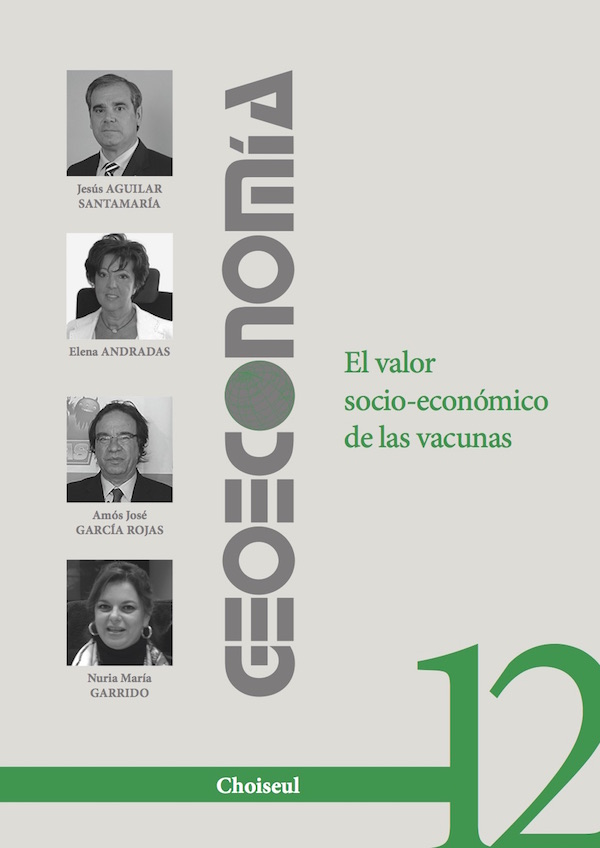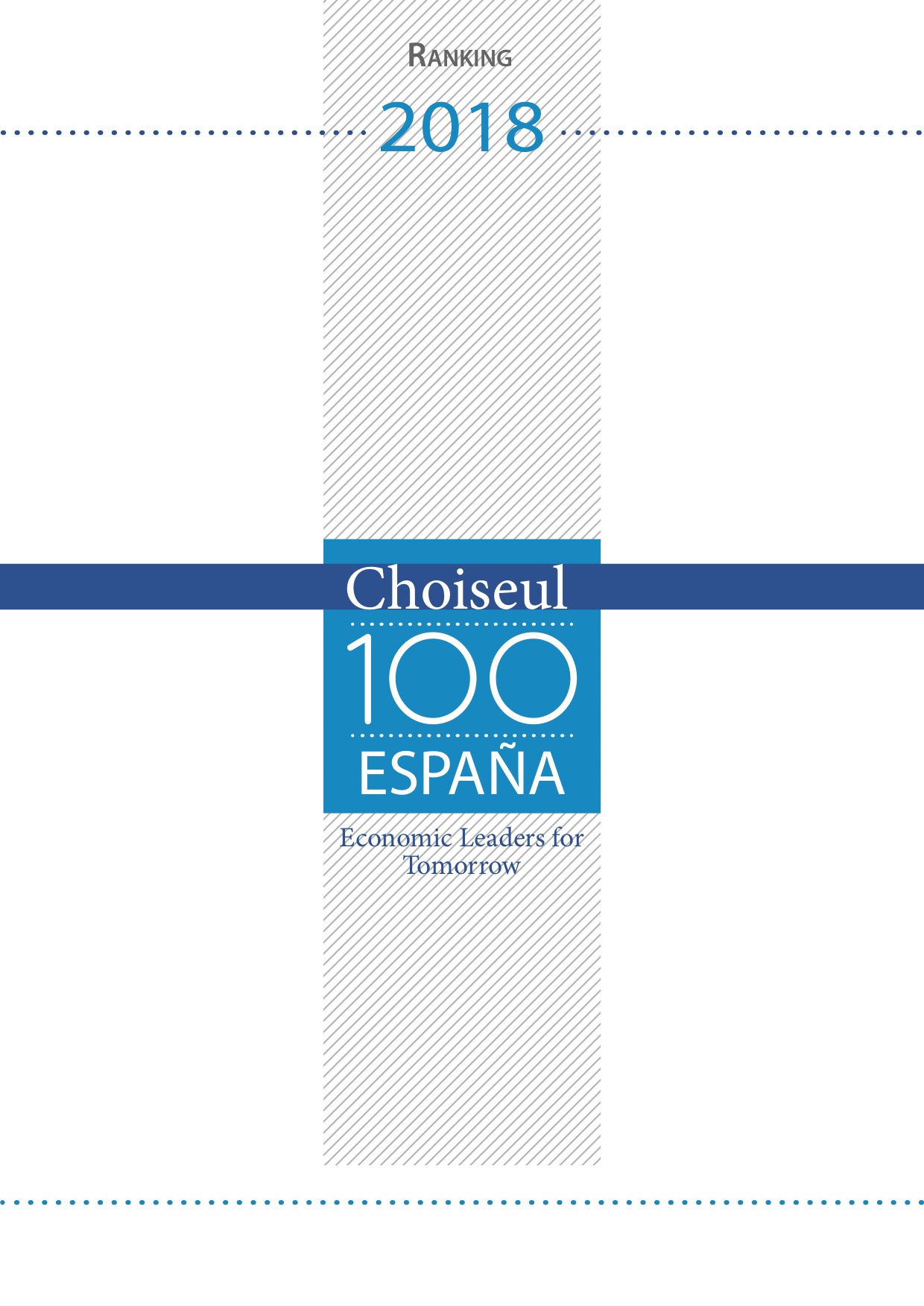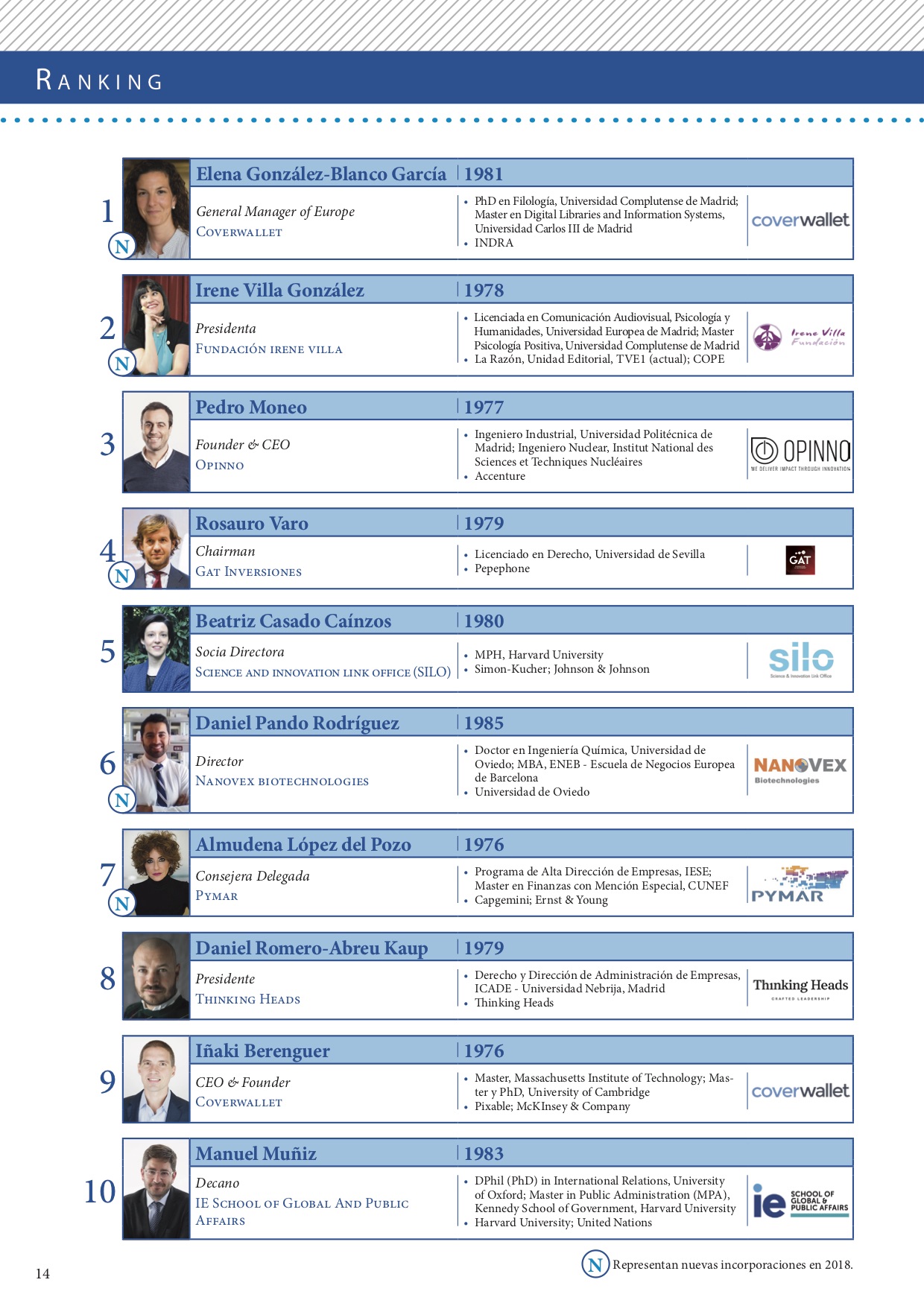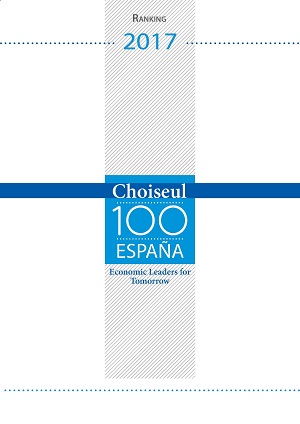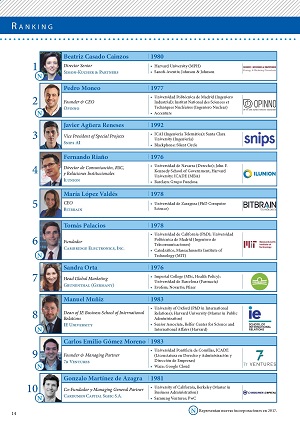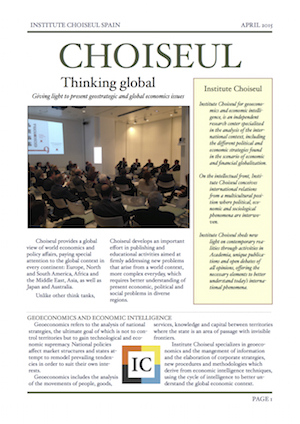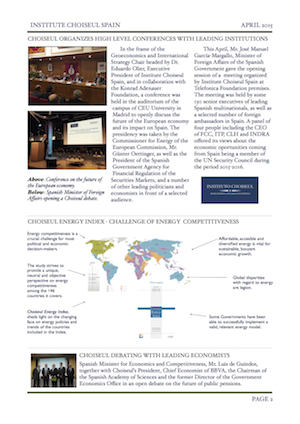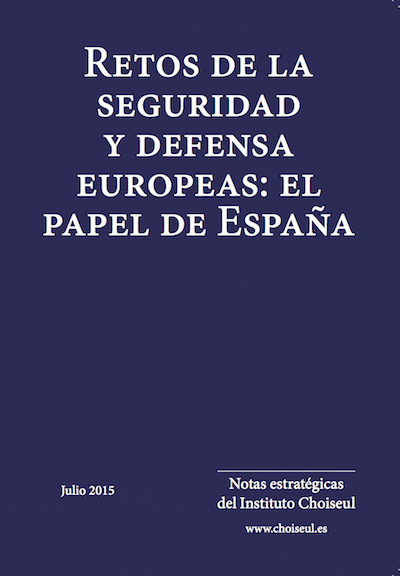SPAIN, A BRIDGE IN THE ISLAMIC ECONOMY
Artículo publicado por Ramsi Jazmati, vicepresidente del Instituto Choiseul España. Puede descargar el artículo completo aquí.
"Emphasizing on alternative financial solutions in the wake of the European crises was the strongest reason behind bringing the debate on Islamic Finance in Spain. Then, both politicians and financial professionals became extremely aware of the opportunities that the growing Muslim population in Spain as well as the dynamic development of countries in the Maghreb would present as potential clients if the country decides to adopt a diversified financial system in which it includes Islamic Banking. Accordingly, the Spanish government introduced many incentives and measures to thrive the development of this type of banks in the country.
Also, many prominent institutes such as the Choiseul Institute, one of the leader research centers in Economics Intelligence and Geo-economics in Spain, has been giving a significant interest to the subject of Islamic Economics and Finance in the specific context of Spain. The think tank emergent interest as well as the political support to Islamic financial products, created a favorable environment for attracting investors from the leader markets of Islamic banking, mainly Bahrain, UAE, Saudi Arabia and Qatar.
Moreover, considering the historical linkage of Spain to Latin America, and considering the large presence of Spanish firms there, as well as the huge number of transactions and human mobility between the two countries, Spain would constitute a bridge of business and investment between Gulf countries and Latin America. This mediating position of Spain would facilitate the establishment of Islamic finance institutions in Latin America and would therefore be appealing for more economic social and cultural exchange between the Arab world and Latin American countries. Yet, the cultural similarities and the geographical proximities between Spain and Islamic countries have largely contributed to increasing the mobility of Muslim tourists toward Spain. Statistically, the Ministry of Industry, Energy and Tourism has reported that, in 2014, more than 1.155.662 Muslim tourists have visited Spain. The same sources attested that the Muslim tourists market increases of 8.5% every year. These numbers can be doubled if Spain considers the market of Halal Tourism.
Halal tourism, as the name suggests, is a type of tourism conform to the Sharia law. This means that this type of tourism offers products and services, which range from the transport and accommodation to leisure activities, that are conform to the Islamic principles. Hence, this type of tourism would enable individual enjoy their holidays with a full compliance with their religious believes. Today, Malaysia is leading the market of Halal tourism and attracting first and foremost families from Gulf countries.
Taking into account the strong demand for Halal tourism in the Gulf and Middle Eastern Countries, and considering the high interest of this tourist target on the Spanish destination, Halal tourism presents many opportunities for both Spanish and Gulf countries. As it has been discussed in the First International Halal Congress in Cordoba (Spain) in the 26 and 27 March 2015, these opportunities can be summarized as offering the possibilities for joint investments between Spain and Gulf countries, generating an extra source of tourism income, and finally fostering the cultural and social exchange between Spain and the Islamic world.
Last but not least, by being open to the Islamic Economic system and willing to explore the benefits of the Islamic Finance on the economic and social prosperity of the country, Spain has put itself at the spotlight for both academic cooperation and investments from Gulf countries. Hence, the Choiseul Institute has recently signed an agreement with the Sharjah University in Arab Emirates to open the first Master program in Islamic Economics in Spain. This cooperation would be the first step to open the way to intellectual exchange in the domain of Islamic Economics and Finance between the two regions and therefore would contribute to tighten the relationship between Spain and the rest of the Arab World."


